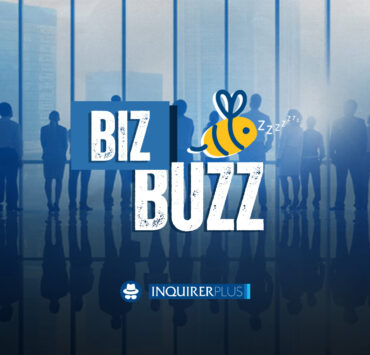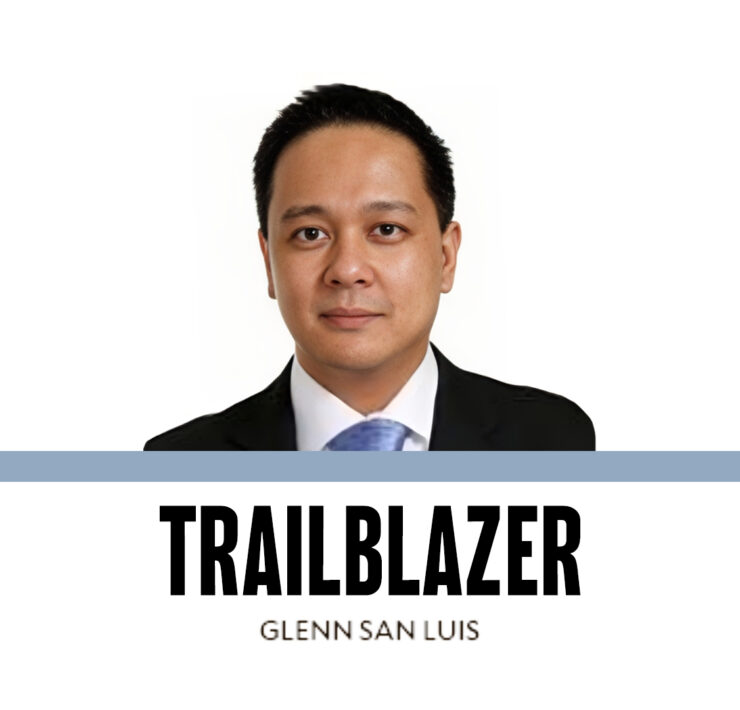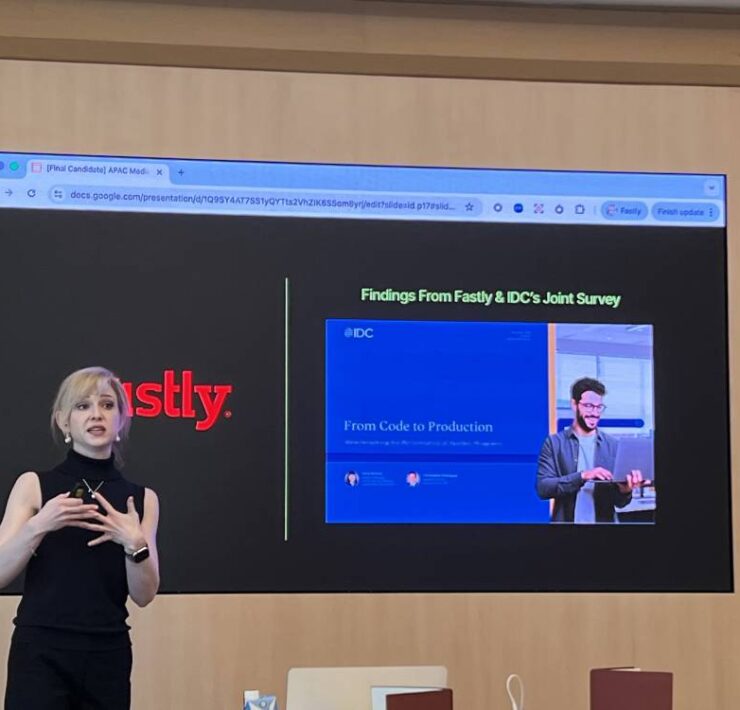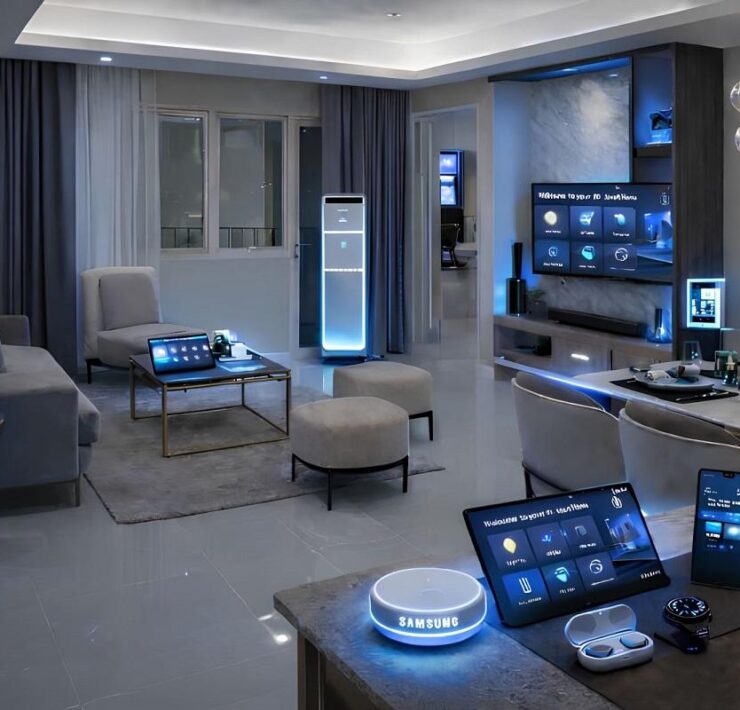The human compass in an AI world: Navigating transitions, preserving traditions
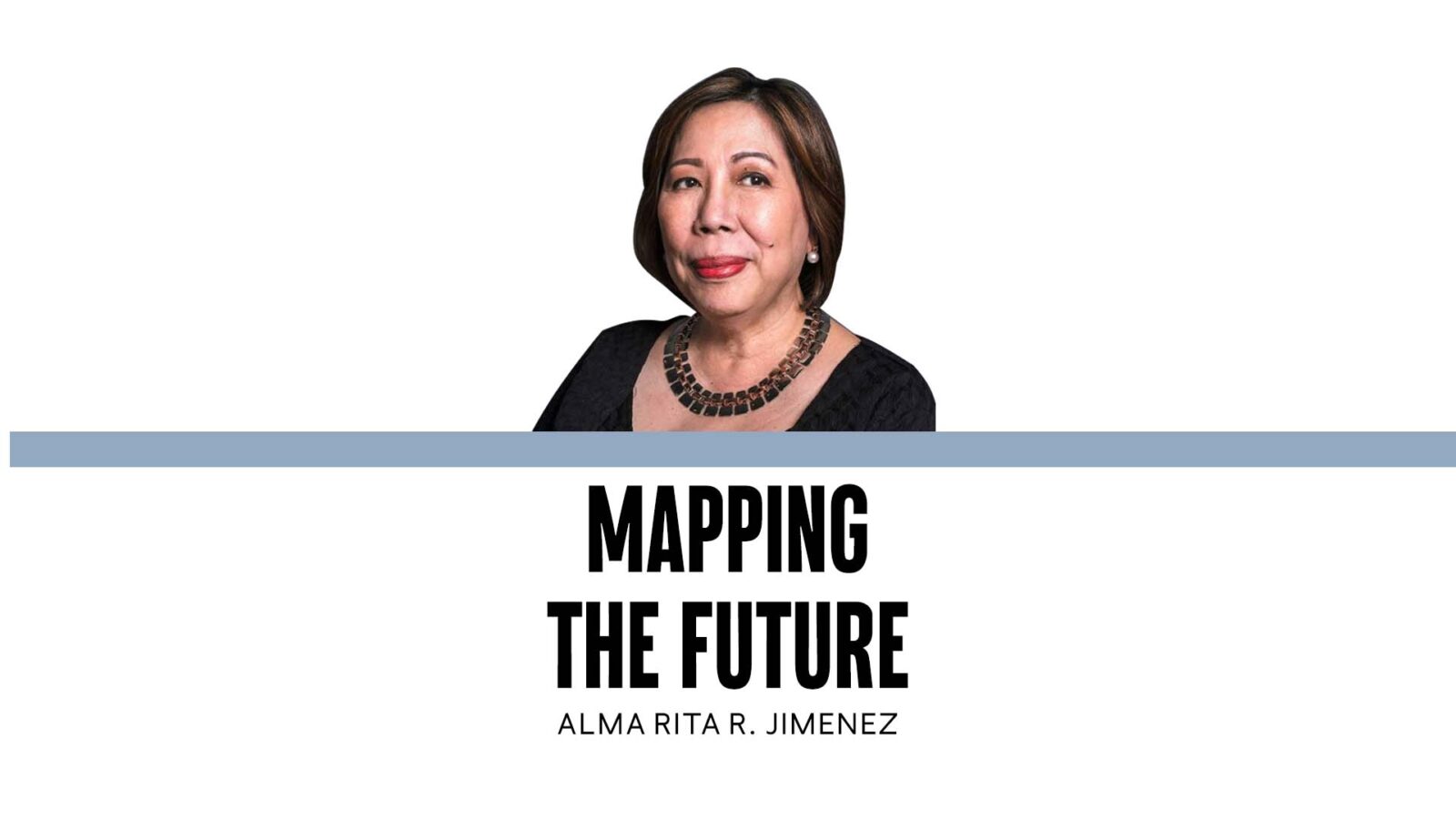
As artificial intelligence (AI) continues to expand its reach and importance in our day-to-day living, the conversations around its use almost always carry strong emotional undertones—unease, anxiety, fear, cautious acceptance, sense of wonder and “no big dea.”
In boardrooms, workplaces and classrooms, the same questions echo: Will jobs disappear? Can people adapt fast enough? Will machines take over? It is dividing society between those who master the new tools and those who are left behind.
These are not trivial concerns but valid ones. There is no denying that the profound technological shift is changing the world as we know it.
On the other hand, AI is not the first disruptive force humanity has faced. The loom once threatened weavers; calculators unsettled mathematicians; the Industrial Revolution once threatened traditional craftsmen.
Each time, the turbulence created by these developments were painful—and yet societies adapted and integrated them into day-to-day living. The difference is not whether humanity will survive this transition, but how we navigate it.
A generational transition
One key to understanding today’s anxiety is to see it as a generational phenomenon. I belong to a generation that remembers what it was like to use a typewriter and now working with AI-powered tools. Perhaps that is why I see both the unease and the excitement so clearly. One foot remains in the analog past, and the other is already stepping into the digital future.
For the boomers, Gen X and millennials, the acceleration feels disorienting because there is a “before” and an “after” to compare.
This is not the story for the generations after us—Gen Zs, Alphas and thereafter—who will never know a world without AI. For them, digital life is not an intrusion; it is the water they swim in. What unsettles us today will be their ordinary tomorrow. The anxiety we are experiencing is sharpest now because we are comparing two worlds—the analog we grew up in, and the AI-native one unfolding.
This perspective matters because it reminds us that disruption, while real, is transitional. The real challenge, then, is not about whether AI will change us (it already has), but how we bridge this transition responsibly.
The transition
Bridging this transition requires intentional choices by businesses, governments and educational institutions. There are three important pathways where action is both possible and necessary.
- Education for adaptability: We must stop treating education as a front-loaded exercise in job training. Too many curricula still prepare students for specific roles that may not exist a decade from now.
Instead, we need to cultivate meta-skills: critical thinking, problem-solving, ethical reasoning, creativity and adaptability. These are the human strengths that AI cannot replicate—and the foundation of lifelong learning.
- Business with purpose: Companies must resist the temptation to view AI purely as a cost-cutting tool. Yes, efficiency matters, but the deeper opportunity lies in creating new value—new services, new customer experiences, new roles for human workers that are amplified, not replaced, by machines. Businesses that adopt AI with this lens will not only survive disruption; they will lead it responsibly.
- Individuals with courage: On the personal level, the task is both practical and emotional. It requires openness to reskilling, willingness to explore new paths and courage to redefine oneself when old roles fade. But it also requires something gentler: self-compassion. The truth is no one can adapt perfectly at once. The process will be uneven, messy and sometimes painful. But growth always is.
Much of the present actions center on how we will help today’s generations cross the bridge without losing their livelihood, or their sense of worth.
The challenge of preservation
In two to three decades, the world will be dominated by people who have only ever known a digital-first world. The challenge of our time goes beyond adaptability—it will be about preservation. When I think about the generations to come, I do not worry about whether they will master the tools—they surely will. As the bridging generation, our responsibility is to hand them not just a digital world, but preserve the memories of the past they will inherit, the heritage and tradition, the history of struggles and victories, the wisdom and empathy and the enduring values that make progress truly human.
In a digital present and future, the enduring lesson we can impart is the understanding that what makes us human is not diminished by technologies and tools, but strengthened by how we use them. That AI, like every transformative invention before it, will reflect back to us the kind of world we wish to create. And in that reflection, we are given the chance to reclaim what is most important—connection, purpose and vision for the future.
Adaptability without integrity can become opportunism. Innovation without empathy can deepen inequality. Progress without responsibility can endanger society itself.
If there is one lesson we must carry through this AI transition, it is that technology should serve humanity, not the other way around.
A personal reflection
Reflecting on these disruptions and in navigating the transitions, I am reminded that technology, no matter how advanced, is never just about the machines. It is about us and how we choose to adapt, what values we uphold and how we harness tools to become more fully human.
In my own journey, I have come to see AI not merely as a time-saver or a convenience, but as a quiet partner in thought. It is not just about efficiency but also expanding horizons, sparking curiosity and continuously learning.
The AI revolution is not a storm to be feared, but a passage to be navigated. Certainly, so much will challenge our way ahead, and yes, some will feel disoriented, even displaced.
But if we hold steady—if we journey with responsibility, empathy and a sense of mission—we can arrive on the other side with societies that are more resilient, businesses that are more human-centered and individuals who carry their worth not in the tasks they perform, but in the values they embody.
In the end, AI will not erase humanity—unless we forget to nurture what makes us human in the first place.
Join the 23rd International CEO Conference of the Management Association of the Philippines (MAP), which will tackle challenges and opportunities in a multigenerational world with its theme “Leading Amidst Invisible Disruptions: Agility and Resilience in a Multipolar Era” on Sept. 9, Tuesday, from 8 a.m. to 5 p.m. at the Shangri-La The Fort in BGC. Register now to avail of early bird rates. For particulars, please contact the MAP Secretariat via map@map.org.ph.
The author is chair of the MAP CEO Conference Committee, cochair of the MAP Trade, Investments and Tourism Committee; president and CEO of Health Solutions Corp. and former undersecretary of the Department of Tourism. Feedback at map@map.org.ph















